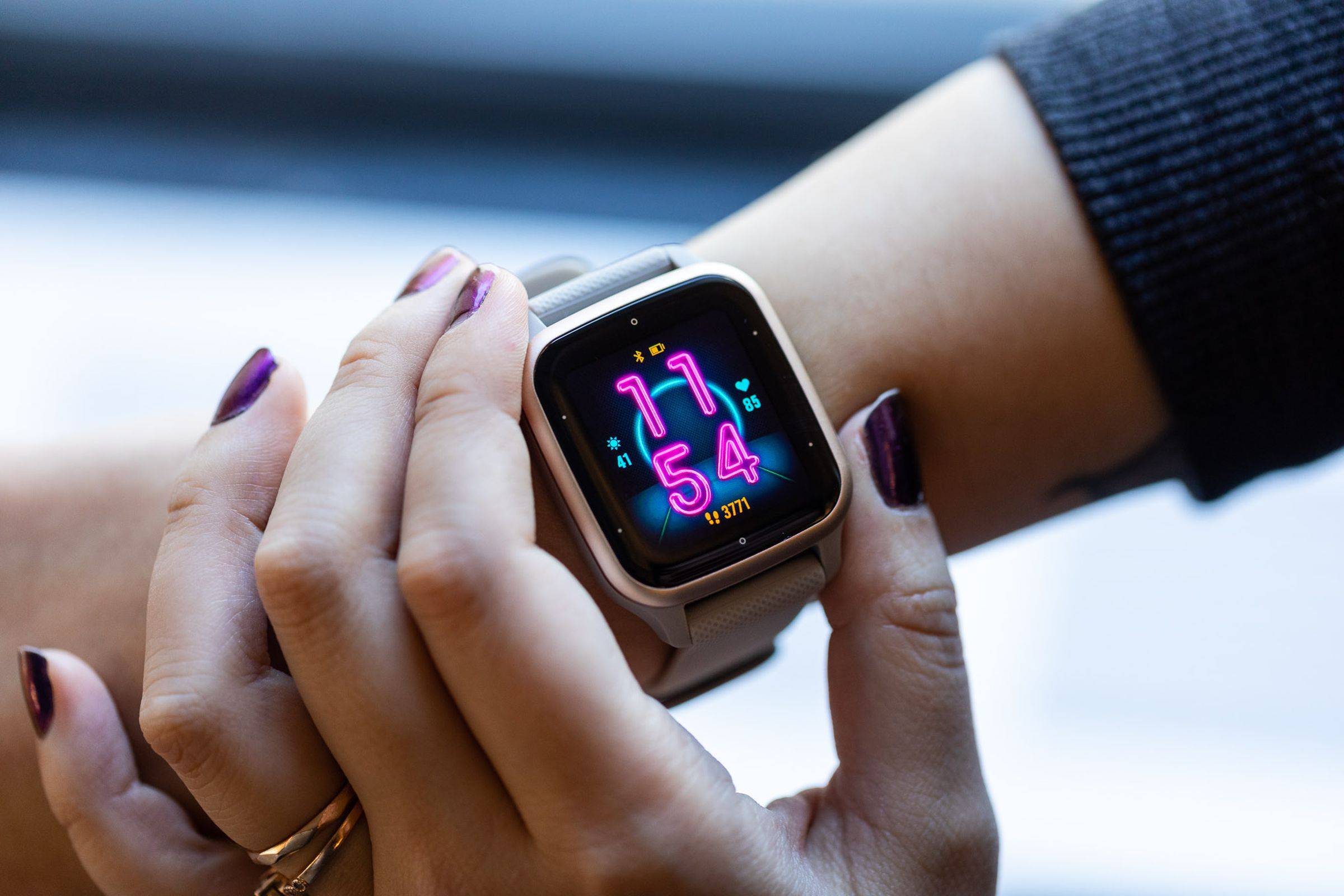Next-Gen Wearables: More Than Just Fitness Tracking
Imagine a world where your watch not only counts your steps but also keeps an eye on your heart's health, monitors your sleep quality, and even checks your body's temperature. This isn't a scene from a sci-fi movie; it's the reality of next-generation wearable technology. Let's explore how these tiny gadgets are becoming our health's best friends.
Beyond Counting Steps: A New Era of Health Monitoring
Traditional fitness trackers were like friendly coaches, cheering you on to move more. They counted your steps and measured your heart rate during exercise. But our health is like a complex puzzle, and steps are just one piece. Next-gen wearables are now looking at the whole picture, offering insights into various aspects of our well-being.
Heart Health: Your Personal Cardiologist
Some modern wearables can perform electrocardiograms (ECGs), which are tests that check your heart's rhythm. For instance, Withings has introduced a subscription service that includes heart health checkups reviewed by a cardiologist, using data collected from their devices. This means your wearable can help detect heart issues early, acting like a personal heart doctor on your wrist.
Sleep Tracking: Understanding Your Nightly Rest
Getting good sleep is like recharging your body's battery. Wearables now monitor not just how long you sleep but also the quality of your sleep. They can detect different sleep stages and even identify problems like sleep apnea, helping you understand and improve your rest.
Blood Oxygen Levels: Checking Your Body's Fuel
Oxygen is the fuel our bodies need to function. Some wearables can measure your blood oxygen levels, ensuring your body is getting enough oxygen. This feature is especially useful for athletes and people with certain health conditions, acting like a fuel gauge for your body.
Stress and Mental Health: Your Emotional Barometer
Life can be like a rollercoaster, with ups and downs affecting our stress levels. Advanced wearables monitor physiological signs of stress, such as changes in heart rate variability, and provide relaxation techniques to help manage stress. It's like having a personal coach to help you stay calm and balanced.
Temperature Monitoring: Your Health Thermometer
Some wearables can continuously monitor your body temperature, helping detect early signs of illness. This feature acts like a built-in thermometer, alerting you to changes that might need attention.
Glucose Monitoring: A Lifeline for Diabetics
For individuals with diabetes, keeping track of blood sugar levels is crucial. Emerging wearable technologies aim to provide continuous glucose monitoring without the need for invasive finger-prick tests, acting like a vigilant guardian over your health.
Integration with Healthcare Providers: Bridging the Gap
Wearables are not just personal gadgets; they're becoming part of the broader healthcare system. Data collected can be shared with doctors, providing them with real-time insights into your health and enabling more personalized care. It's like building a bridge between you and your healthcare provider.
Privacy and Data Security: Guarding Your Personal Information
With great data comes great responsibility. As wearables collect more personal health information, ensuring this data is kept private and secure is essential. Manufacturers are implementing robust security measures to protect your information, acting like a digital bodyguard for your data.
The Future: A Health Companion in Every Device
The evolution of wearables is transforming them from simple fitness trackers into comprehensive health monitors. As technology advances, these devices will become even more integrated into our daily lives, offering personalized insights and guidance to help us lead healthier lives. It's like having a dedicated health companion with you at all times.
In conclusion, next-generation wearables are revolutionizing how we monitor our health, providing tools that go far beyond counting steps. By embracing these technologies, we can gain a deeper understanding of our well-being and take proactive steps toward a healthier future.
Please follow for more.




No comments yet
Be the first to share your thoughts!